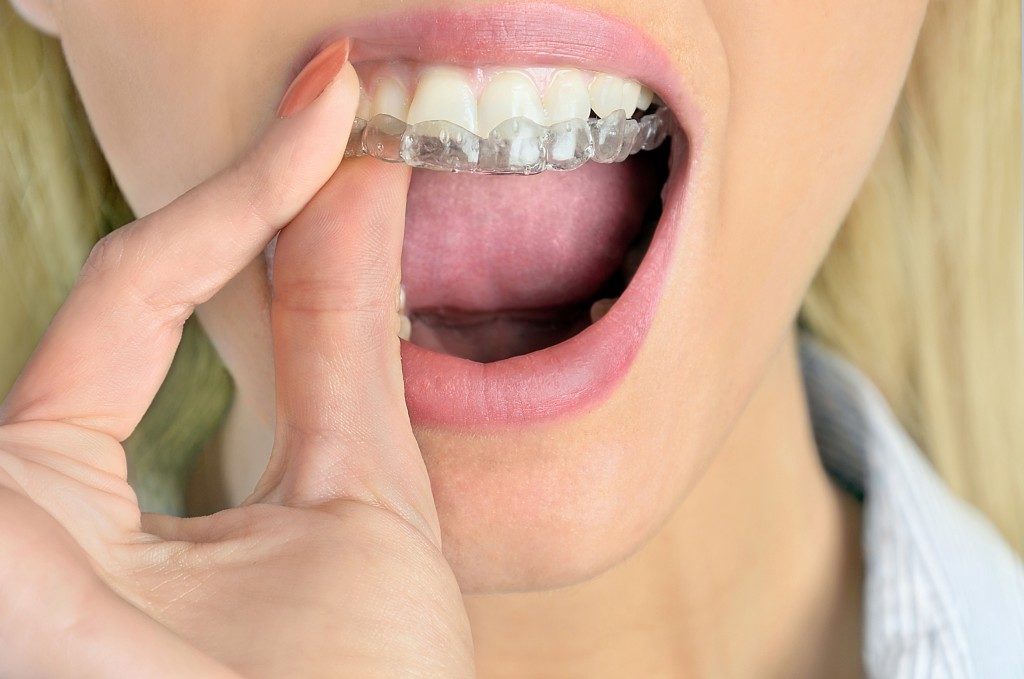Researchers have found odd relationships between many parts of our bodies, including the link between gum disease and cardiovascular health. For instance, according to a Harvard study, people with gum disease are twice or thrice as likely to have a heart attack, stroke, or other serious cardiovascular conditions.
Even sleeping and the teeth have an unlikely relationship – in the form of bruxism. Bruxism is a disorder that may occur whether a person is awake (awake bruxism) or sleeping (sleep bruxism). When people have bruxism, they involuntarily clench, gnash, or grind their teeth. The condition usually has psychological causes, such as stress, anxiety, or intense emotions.
If you have bruxism, you may encounter a dilemma when deciding to have the condition treated: should you go to a sleep specialist or a dentist? The answer for both is yes.
It’s advisable to visit a dentist who is a member of the American Dental Association (ADA). Dental clinics that are affiliated with the ADA, such as Accucare Dental Centers, P.C., have access to up-to-date information on many dental cases, including those related to sleep disorders. They can help you identify the warning signs of excessive teeth clenching or grinding.
The Signs
Chances are you are not aware that you have this disorder unless someone tells you. At times, teeth clenching or grinding can be loud enough that it wakes up your spouse or partner. It may be related to another sleep disorder called sleep apnea.
If you are aware that you have sleep apnea, you should check for signs of bruxism. According to the National Sleep Foundation, one in four people with sleep apnea tends to grind their teeth during sleep, as well.
If you have bruxism, you may usually experience tenderness in your jaw muscles especially upon waking up. You may also have facial pain and earache.
The Damage
As mentioned, bruxism may affect your dental health. It may cause teeth sensitivity and chipped teeth. If it remains untreated, bruxism can slowly erode the enamel of your teeth. When the enamel is worn down, your tooth may have an increased risk of tooth decay, which may lead to cracked teeth.
Because excessive teeth grinding puts a lot of pressure on your jaw muscles, bruxism may also lead to temporomandibular joint (TMJ) problems. TMJ disorders may bring you difficulty or pain in chewing, facial pain, and locked jaw.
The Treatment

Mouth splints and mouth guards can treat damaged teeth due to bruxism. These devices don’t stop the grinding but keep your upper and lower teeth separate. This way, you prevent your teeth from being damaged.
If the disorder has led to the oversensitivity of your teeth, your dentist might recommend using crowns to repair the damage. Oversensitive teeth often cause inability to chew properly, which may lead to decreased appetite and weight loss. In some cases, those who suffer from severe jaw pain may be given non-steroidal anti-inflammatory drugs to relieve the pain.
Apart from dental treatment, bruxism may also require psychological treatment as the situation could be a result of underlying psychological problems. If you are experiencing early signs of the disorder, you shouldn’t put off a visit to your dentist or a sleep specialist. You wouldn’t want one condition to lead to more health problems, after all.
